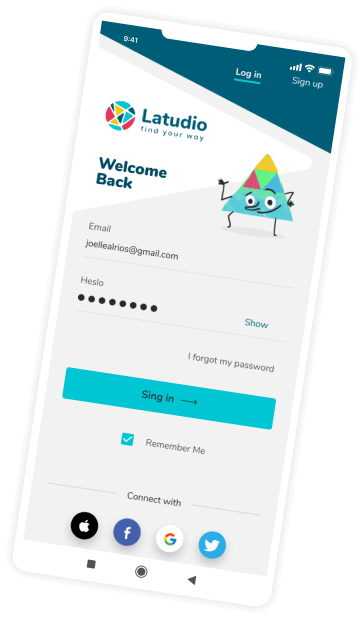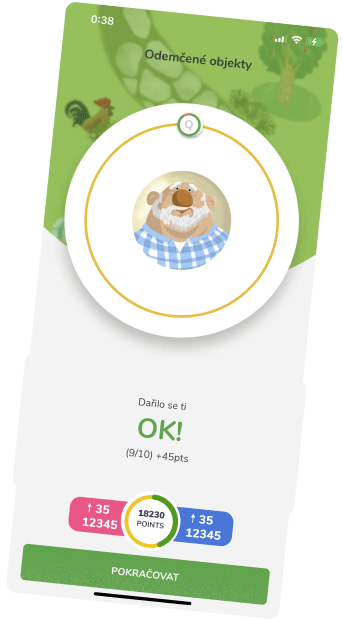English Phrasal Verb Practice for “speak up” and “speak out”
At one school, students are encouraged to speak up [ a hablar ] and share their ideas. One day, a new student named Emma came to the school. Emma was shy. In her first presentation, the teacher said, "Please speak up [ habla más alto ]; we can't hear you at the back." Emma was nervous, but she tried to speak up [ hablar ].
In the same class, there was a boy named Lucas. He was known for his confidence. He often spoke up [ comentaba ] during discussions. "If anyone has any suggestions, please speak up [ hablen ]," the teacher said. She wanted more students to speak up [ hablaran ].
The next week, the school announced new rules that seemed unfair to some. Emma was hesitant to say anything. Many students were upset, so she wanted to speak out [ hablar ]. At a school meeting, she spoke out [ se pronunció ] against the unfair rules. Her voice was clear and confident.
Lucas also decided to speak out [ hablar ]. "Emma is right. We need rules that help us grow, not hold us back."
Other students began to speak up too [ a hablar también ]. They shared their thoughts and suggestions. The teacher listened and said, "I'm glad you all spoke up [ todos hayan hablado ]. It's important to share your opinions."
The school principal decided to revise the rules. He appreciated the students for speaking out [ por hablar ].
From that day on, Emma felt more confident in speaking up [ para hablar ] during classes. She and Lucas became good friends. They worked together on projects.
At their school, students learn the value of speaking up and speaking out [ de hablar y expresarse ]. They learned to speak up [ hablar ] in presentations, discussions, and meetings. Emma and Lucas inspired other students for speaking up and speaking out [ a hablar y expresarse ].



















